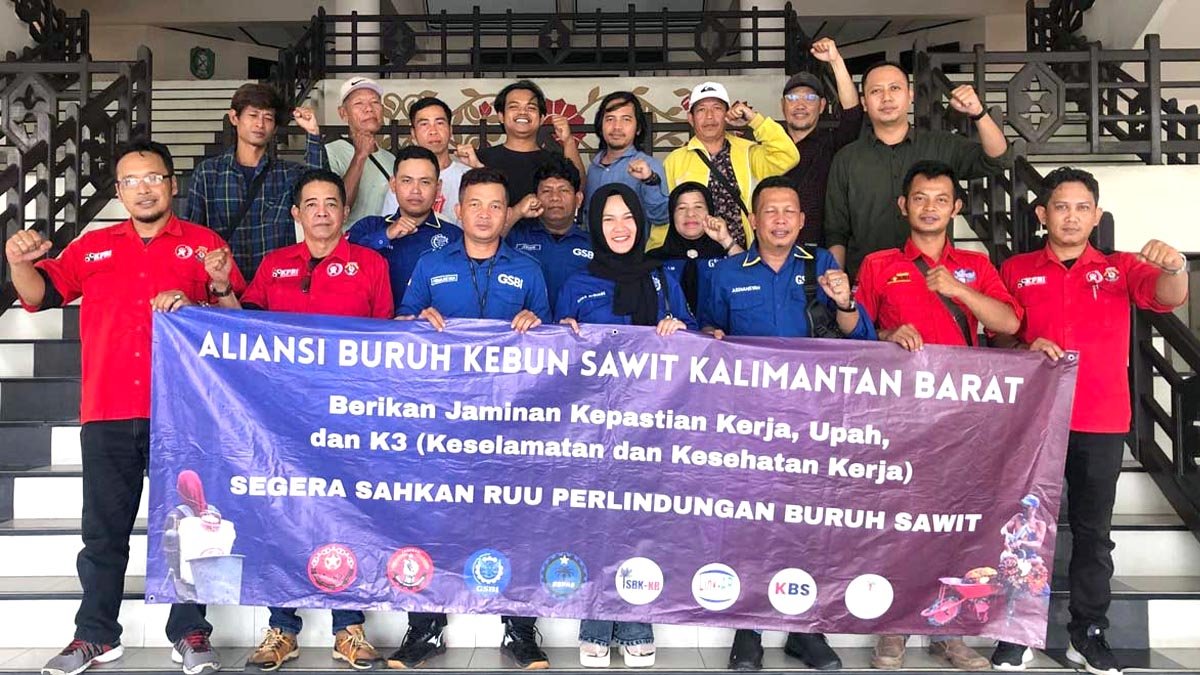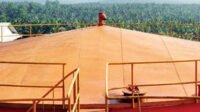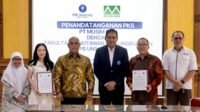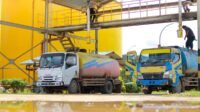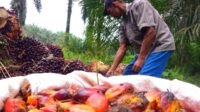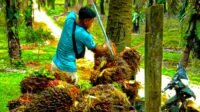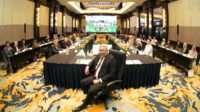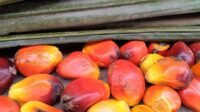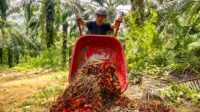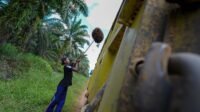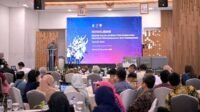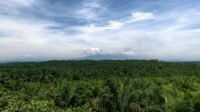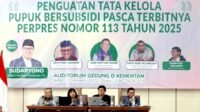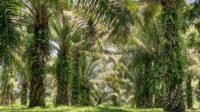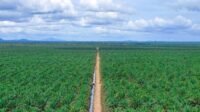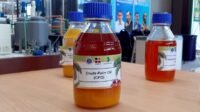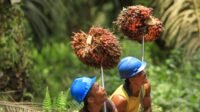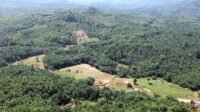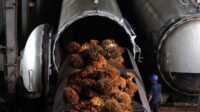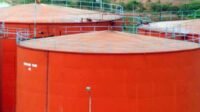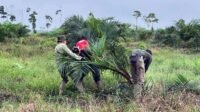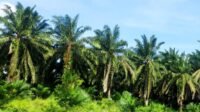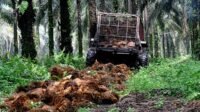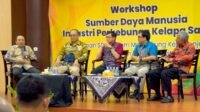PALMOILMAGAZINE, PONTIANAK — On a bright Thursday morning in Pontianak, the West Kalimantan Provincial DPRD building was livelier than usual. In the Meranti Room, representatives of palm oil workers from various organizations arrived one by one with determined steps, carrying hopes and demands. They are part of the West Kalimantan Palm Oil Workers Alliance (ABS Kalbar) — voices from behind the palm plantations that have long been overlooked.
At around 10:00 AM local time, a hearing with Commission V of the DPRD began. Twenty-five delegates represented multiple labor groups, including SBK Kalbar, FSPBR, GSBI Bengkayang, SERBUK, AGRA, Link-AR Borneo, and the National Secretariat of the Palm Oil Workers Coalition (KBS). They came not only with a list of grievances but also with a strong drive for change: pushing for a Regional Regulation (Perda) on Palm Oil Worker Protection.
Each representative shared harsh realities from the field: wages that don’t match the workload, expanding contract systems, crushing work targets, and outsourcing practices that strip away job security. They also raised critical issues like poor occupational health and safety (OHS) protections and ongoing cases of unilateral layoffs.
“Palm oil workers should no longer be left to work in uncertainty without legal protection,” said one representative in an official statement received by Palmoilmagazine.com on Friday (May 9, 2025). The statement was met with serious nods from members of Commission V, including Muh. Darwis (PDIP), Ermin Elviani (Democrat), and H. Fatahillah Abrar (PKS), seated alongside representatives from the West Kalimantan Department of Manpower and Transmigration (Disnakertrans).
The DPRD and Disnakertrans responded positively, expressing their commitment to advocate policies protecting palm oil workers and inviting ABS Kalbar to actively participate in drafting the proposed regional regulation. “Please send us the list of worker issues from each company, including former PT Duta Palma Sambas,” one Disnakertrans official urged.
A symbolic moment marked the meeting when Ahmad Syukri, Executive Director of Link-AR Borneo representing ABS Kalbar, handed over research documents from the International Palm Oil Workers United (IPOWU) regarding agrochemical use in plantations. This evidence highlighted that palm oil workers face not only economic pressure but also serious health risks from exposure to hazardous substances.
By the end of the session, a spirit of collaboration was beginning to form. Commission V opened the door for ABS Kalbar to jointly develop the academic draft of the proposed regulation — a small step hoped to be the gateway toward comprehensive protection for palm oil workers in West Kalimantan. (P2)

